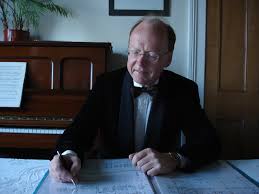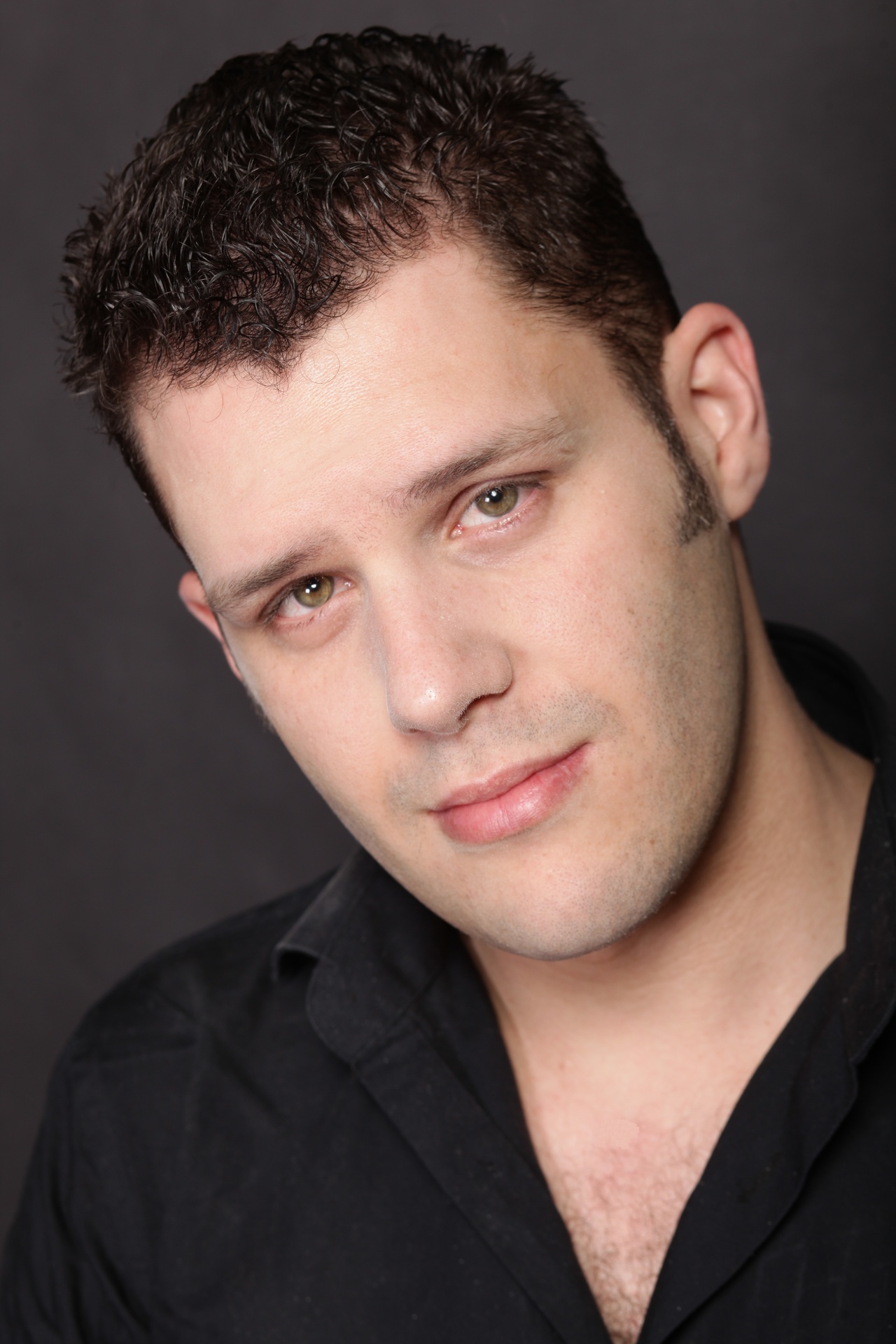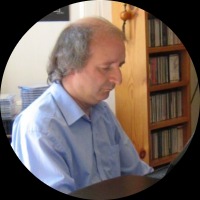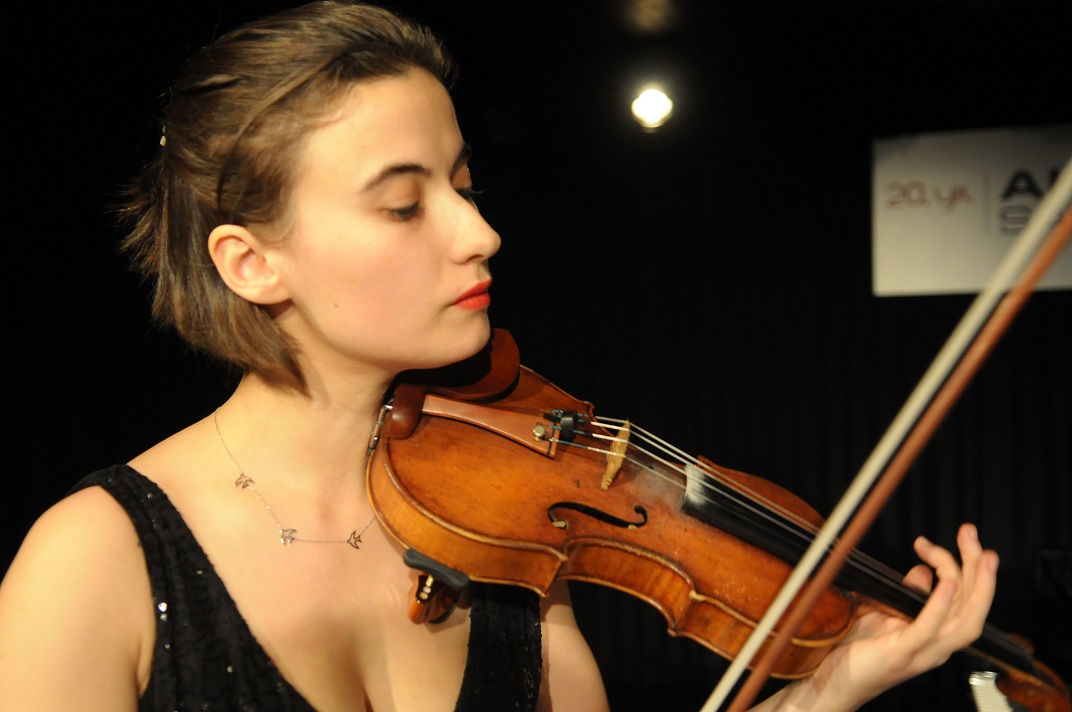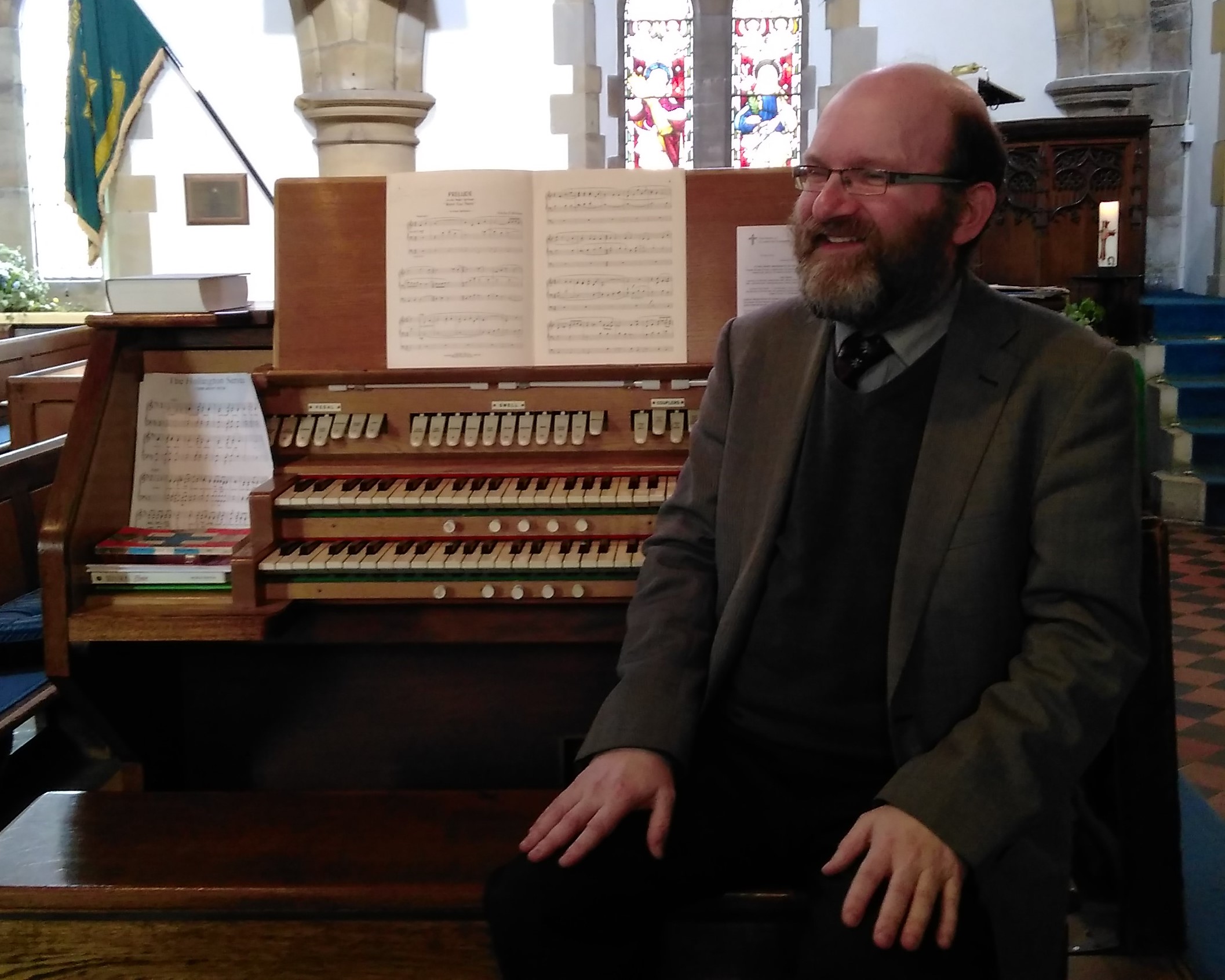Brighton Unitarian Church, Sunday 3 July, 2016
Brighton Connections this summer brings us closer to a number of Sussex composers and Robert Orledge was the focus of the opening concert.
It opened and closed with more familiar works but the two central pieces owed their existence to Robert Orledge. The first was a completion of Debussy’s Serenade pour violon et piano. This existed originally as a single page manuscript which Robert has formulated into a gently persuasive work which undulates gently from a solo violin line into increasingly more complex harmonies until it returns to its opening solo line. Existing in a world somewhere between Debussy and the present day it is a charming work, ideal for a matinee in summer.
This was followed by his own composition Le Jardin clos et merveilleux, which was receiving its world premiere. It has strong Debussyan overtones and in his introduction the composer admitted it was closely linked to Monet’s garden. As such its warm wanderings were effective but one would need to hear it for a second time to get a good sense of exactly where it was going.
The afternoon had begun with John Ireland’s early Phantasie Trio in A minor and concluded with Mozart robust Piano Trio in Bb major K502. The Ireland was deeply romantic in its atmosphere and nowhere near as English as one has come to expect of Ireland. The Mozart allowed pianist Jeremy Young to show what he would be like in a Mozart piano concerto as there is a large amount of writing here which is far closer to the concerto than the trio. He played with relaxed grace throughout, and Peter Adams, cello, and Daniel Bhattacharya, violin, set a high standard for the rest of the summer.
The next concert on Sunday 17 July will include works by Handel, Bach, Jack Redman and Mozart.

